Danny Wood said during his 24 years as pastor of Shades Mountain Baptist Church in Birmingham, he’s known one thing for certain about the church’s budget.
The first 10% was spoken for.
“A lot of it started with Charles Carter with a commitment to the Southern Baptist Convention,” Wood said of his predecessor, who served at the church for 26 years. “Our church was always committed to the SBC and looking for places of leadership and ways to be a part.”
He said the Shades congregation believed in the work of the North American Mission Board and International Mission Board, Southern Baptists’ unified means to get the gospel to their continent and the world. When Wood was a member of Shades before becoming pastor, the church was “always supportive” of the Annie Armstrong Easter Offering for North American missions and the Lottie Moon Christmas Offering for international missions, he said.
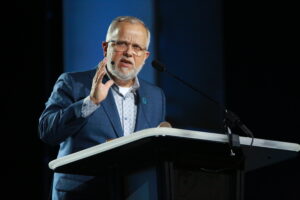
Then when Wood became pastor, he wanted to set a standard of giving at least 10% through the Cooperative Program, Southern Baptists’ way of funding missions and ministries together.
“We felt like out of the operating budget, we wanted to do a tithe of that back to the convention. We believed in it,” said Wood, who retired and was named pastor emeritus in 2021. “We did it because we believed in the work of Southern Baptists, and we wanted to support all of the work — the seminaries, the agencies, the boards, all of those things.”
‘Strong’ in giving
Rick Lance, executive director of the Alabama Baptist State Board of Missions, said that spirit has been a part of Baptist life in the state for a long time.
Alabama Baptists have been “strong” in giving through the Cooperative Program ever since it was started in 1925, he said.
In recent months, Alabama Baptists exceeded the $1.5 billion mark in total giving through the CP.
“We remain the No. 1 contributor to SBC causes,” Lance said.
Alabama Baptists have seen the need to work together as a larger convention since the beginning, though not everything about that past has been as beautiful a picture of cooperation as the work they do now around the world together.
When the Alabama Baptist State Convention was founded in 1823, the SBC didn’t exist yet. The ABSC became a part of the larger national Triennial Convention, or General Convention of the Baptist Denomination in the United States, recognizing early on that they could do more together missionally than they could do by themselves.
But two decades later, Baptists in the Southern states were struggling with their Baptist family in the North over the issue of slavery. Northern Baptists didn’t agree with slavery, and they took a stand by choosing not to appoint and support missionaries from the South.
Rocky start
Eventually that led to a split, and 300 delegates from the Southern states — 33 of those delegates from Alabama — voted to start the Southern Baptist Convention in 1845. It was a rocky start, and through the Civil War, many Baptists in the South defended slavery. Afterward, the struggle for racial reconciliation continued for decades.
But along the way, some Alabama Baptists began to rise up and lead the effort to bring unity. One of those was Carter, who in the mid-1950s — before his time as pastor at Shades Mountain Baptist — began preaching sermons on the radio about how God is “no respecter of persons” and loves everyone equally.
Carter continued that effort alongside the efforts of others, and over the decades, the landscape of Alabama Baptist churches and the individual viewpoints of their members began to change.
In 1995, Carter chaired the Resolutions Committee that urged the SBC to pursue racial reconciliation and denounce racism. It was a significant milestone, and he encouraged everyone to live by that philosophy when they got back to their home states and churches.
It was another important way for Alabama Baptists to live out the unity Jesus talked about in John 17 — to give to the CP, yes, and work together to reach the world, but also to love their brothers and sisters right next to them.
“Alabama Baptists have more ethnically diverse congregations than ever before,” Lance said. “The overwhelming majority of our new church plants involve various ethnic groups. This corresponds to the trends in the larger SBC family.”
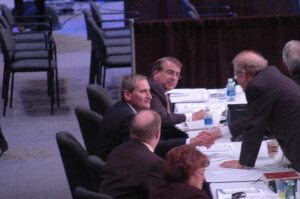
Those church plants and others are “all possible because of the faithful giving of Alabama Baptists through the Cooperative Program,” he said. “The ‘C’ in Cooperative Program makes all of these and other ministries a reality. Without the Cooperative Program, our collective efforts would be vastly diminished.”
Over the years through their giving, Alabama Baptists have been a part of sending missionaries to unreached peoples and planting churches across North America. They’ve helped provide seminary training for pastors who have scattered to all those places as well as served in Alabama.
And Alabama Baptists have served in SBC leadership roles. Five SBC presidents have had Alabama ties. Jonathan Haralson, an associate justice on the Alabama Supreme Court, served from 1889 to 1898.
Hershel Hobbs, an Alabama native who was serving as pastor of First Baptist Church Oklahoma City at the time he was elected, served from 1961 to 1963.
Prominent in Baptist life
Jaroy Weber, who was serving in Texas when elected but had recently served at Dauphin Way Baptist Church in Mobile and been prominent in Baptist life in the state, was SBC president from 1975 to 1976.
Bobby Welch, a Florida pastor who grew up in Alabama, served in the president role from 2004 to 2006.
And Ed Litton, pastor of Redemption Church in Saraland, led the SBC from 2021 to 2022.
“Although only four Alabama Baptists have served as the SBC president, others have been called upon to serve in various capacities,” Lance said. “The strategic places of service such as the Committee on Committees and the Committee on Nominations involve Alabama Baptists every year.”
Because of the “sizable influence” of Alabama Baptists in the SBC, many from the state’s churches have served on SBC entities’ boards, he said. “Alabama Baptists have chaired many of those boards through the years, and others have been engaged in leading the entities in carrying out their mission.”
Currently, Neal Hughes, director of missions for Montgomery Baptist Association, is a member of the search team for the new president and CEO of the SBC Executive Committee, a role Lance described as “of utmost importance in Baptist life.”
And Melissa Bowen, a member of First Baptist Church Prattville, serves currently on the Abuse Response Implementation Task Force, which offers SBC churches assistance with preparation in dealing with sexual abuse prevention and sexual abuse response.
“Their work among us cannot be overstated as we all seek to effectively respond to the challenge of helping those who are survivors of abuse and to give guidance to churches as they endeavor to prevent such heinous acts of harm,” Lance said. “They need our prayer support in the days ahead.”
Lance said Alabama Baptists have “served the Lord in SBC life humbly and faithfully.”
“They have done so without much fanfare but always for the glory of God,” he said. “They represent the best of the best in SBC life. Their labors of love are deeply appreciated by those who know of their work for the cause of Christ.”

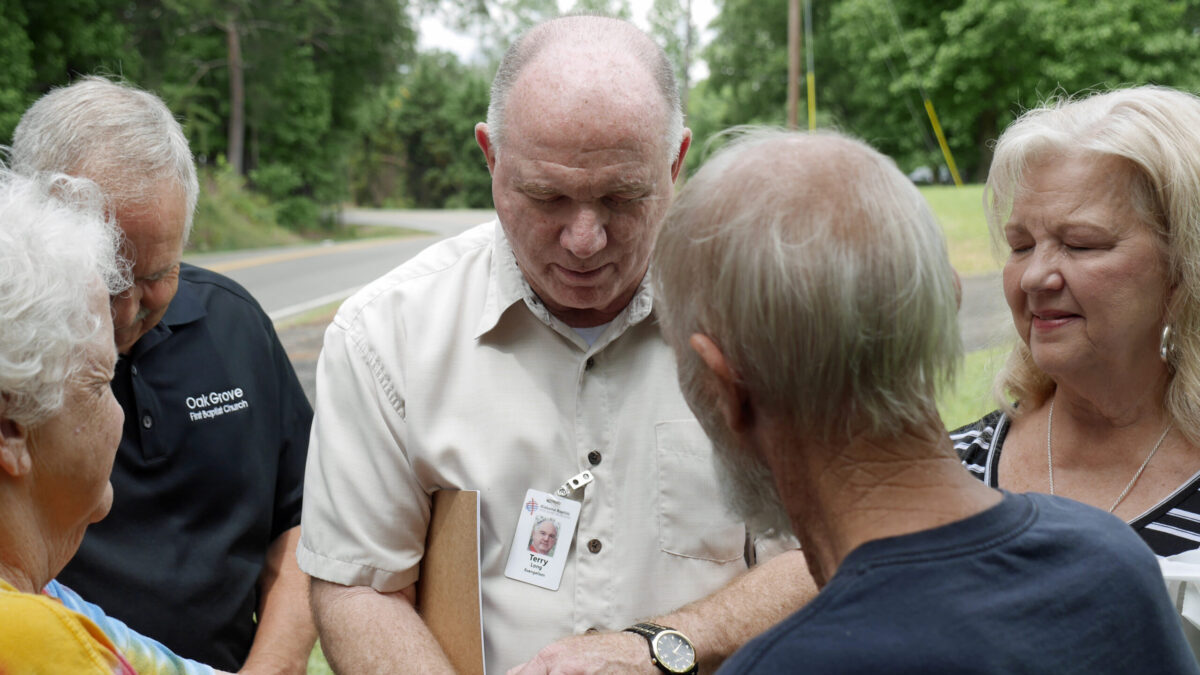


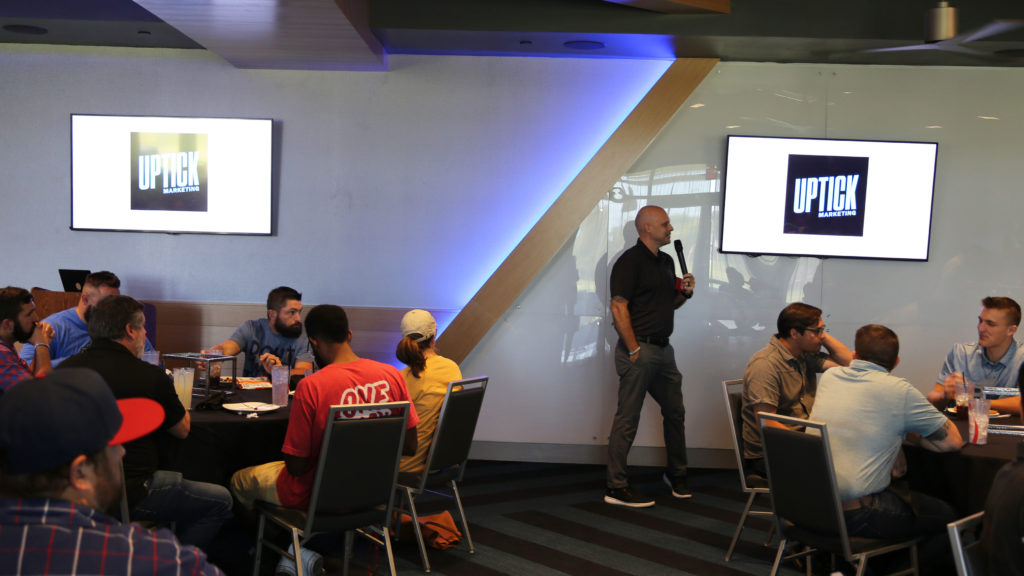
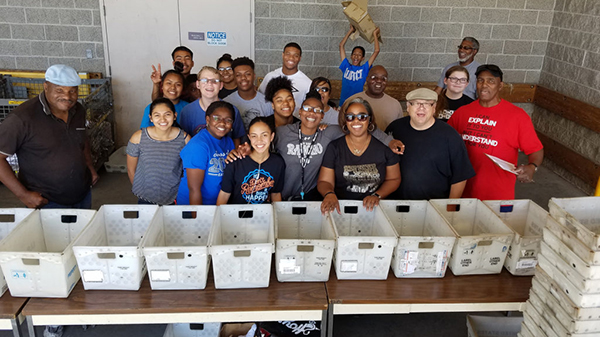
Share with others: